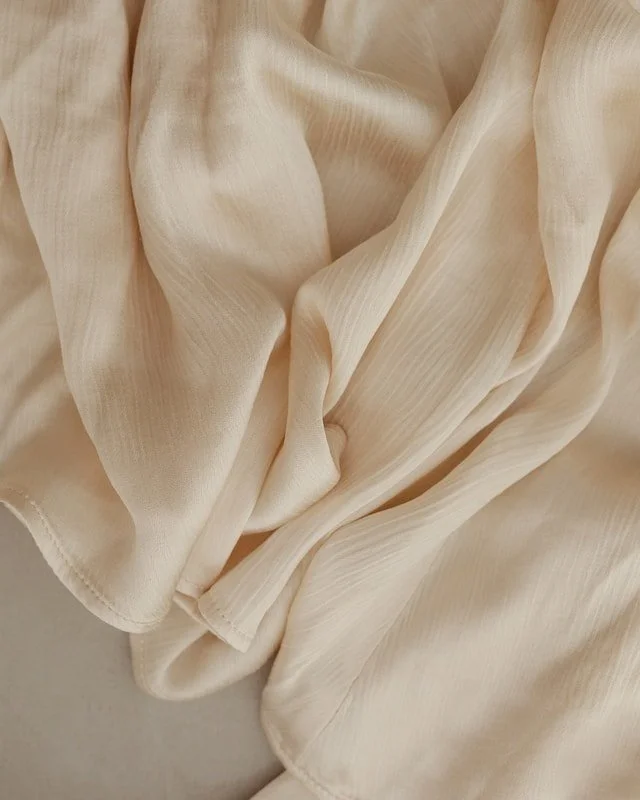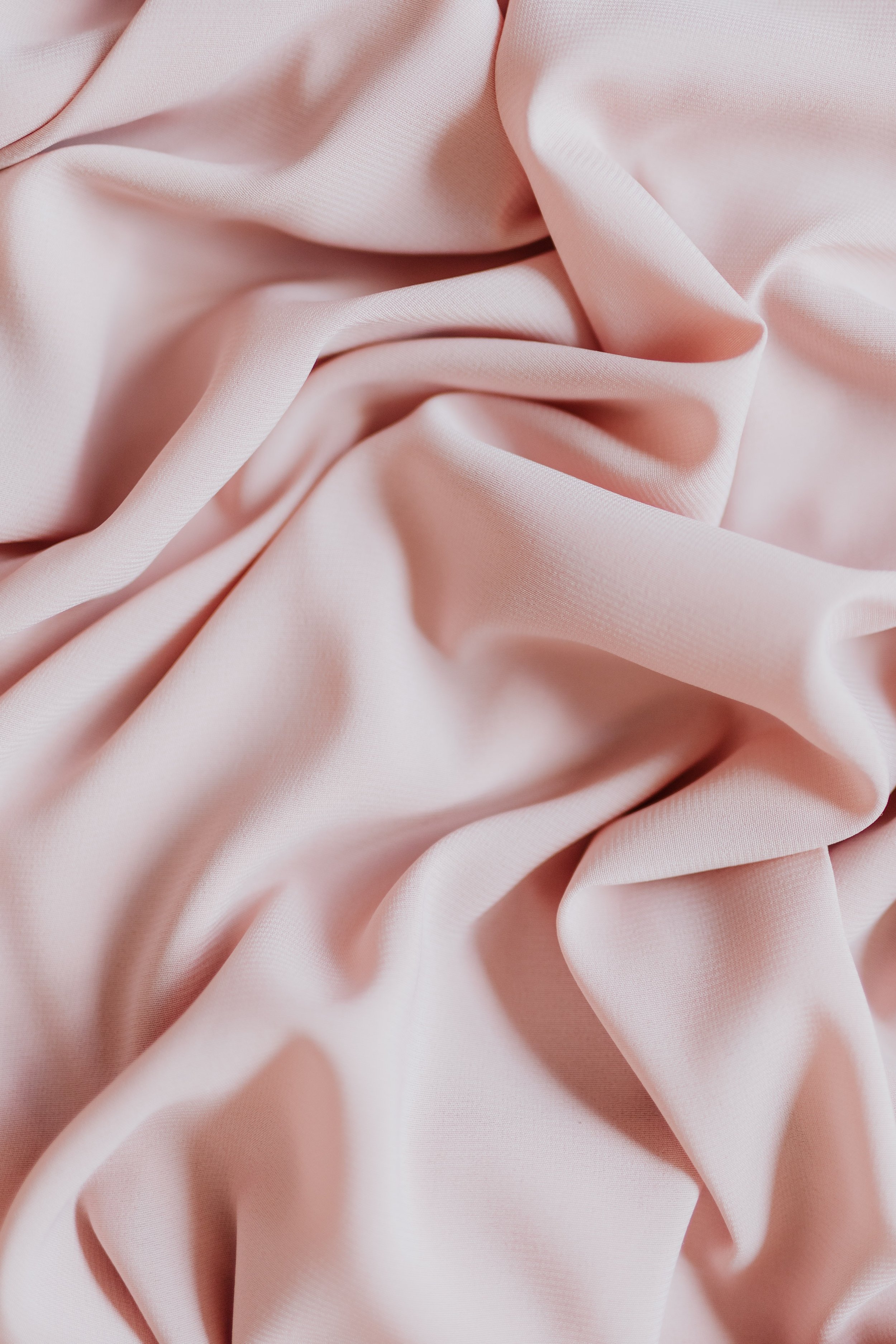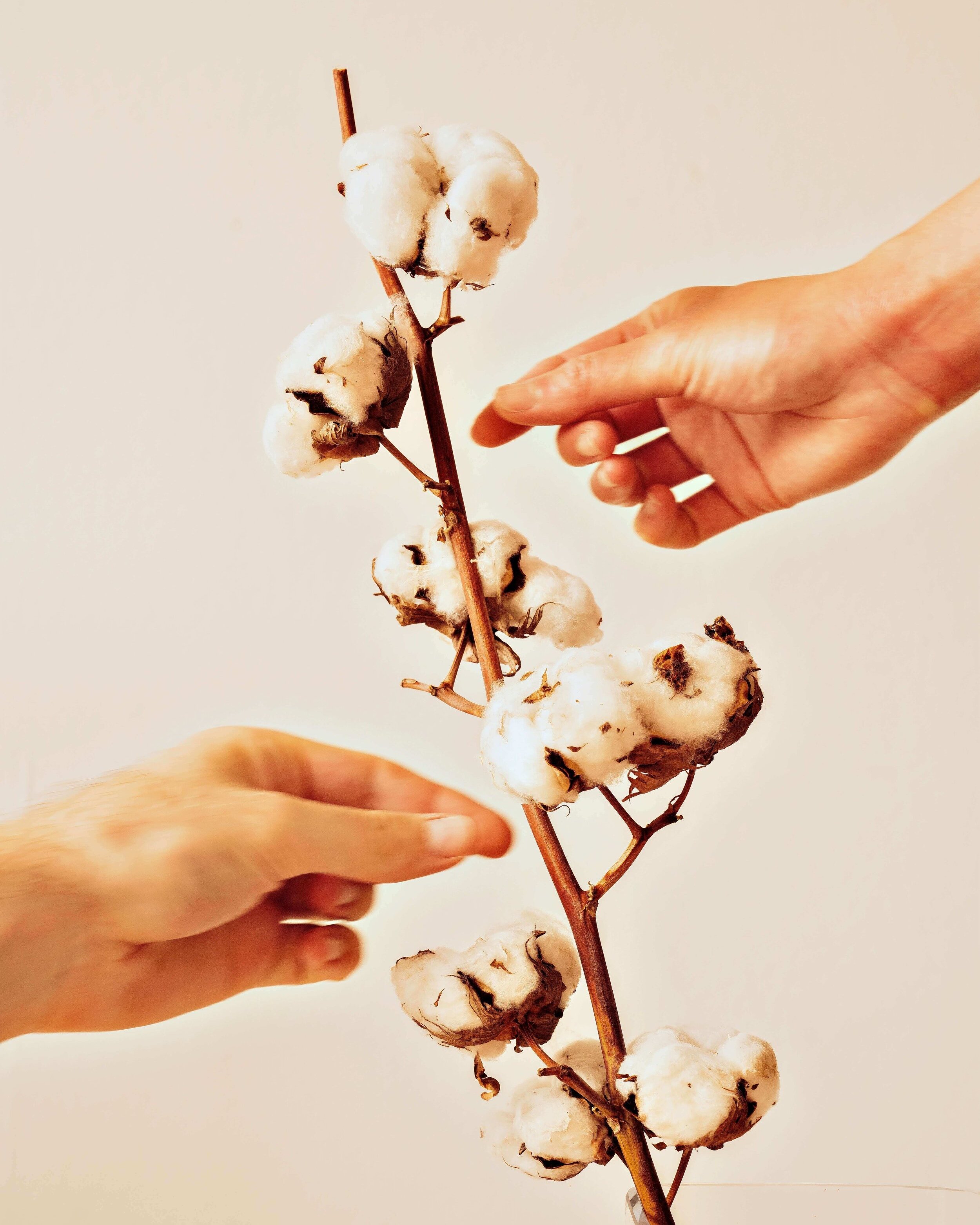7 Tips for Properly Cleaning and Caring for Organic Cotton
How to Care & Clean Your Organic Cotton Clothing
Organic cotton is rapidly gaining popularity, and for good reason!
As more people become aware of its environmental benefits, it's no wonder the global organic cotton market is booming. In 2023, it was worth a whopping $1,113.5 million. But wait, there's more—by 2032, it's projected to skyrocket to an incredible $25,890.2 million!
Why is everyone so excited about organic cotton?
Well, unlike conventional cotton, organic cotton is grown without harmful pesticides and synthetic fertilizers. This makes it much better for our planet and safer for farmers.
I remember the first time I switched to organic cotton. I felt a sense of pride knowing my choice was helping the environment. Plus, it felt incredibly soft and comfortable.
As we dive into the best ways to care for organic cotton, you'll see just how easy it is to keep these sustainable fabrics in top shape.
How Organic Cotton Is More Sustainable
When it comes to sustainability, organic cotton is a game-changer. Unlike conventional cotton, organic cotton is grown without synthetic pesticides and fertilizers.
This makes a huge difference for the environment and the health of farmers and their communities.
Let's talk about water usage first. Conventional cotton is a notorious water guzzler, consuming vast amounts of water during its growth.
Organic cotton, on the other hand, uses up to 91% less water.
That's a significant reduction! Imagine how many swimming pools you could fill with that saved water.
Moreover, organic cotton farming practices focus on soil health. Techniques like crop rotation and composting enhance soil fertility and prevent erosion. Conventional cotton farming, however, often depletes the soil, leading to long-term damage. Healthier soil means healthier crops, which is a win-win for everyone.
Last year, I was fortunate to visit an organic cotton farm in Texas. The farmers proudly showed me their compost heaps and explained how they avoided chemical inputs. It was inspiring to see how dedicated they were to sustainable practices.
Plus, the cotton plants looked so vibrant and healthy!
Another major benefit of organic cotton is its lower carbon footprint. Conventional cotton farming relies heavily on synthetic fertilizers and pesticides, which are derived from fossil fuels. Organic farming, by contrast, uses natural alternatives, significantly reducing greenhouse gas emissions.
But it's not just about the environment. Organic cotton is also better for the people who grow it. Without exposure to toxic chemicals, farmers enjoy better health and safer working conditions. This ethical aspect makes choosing organic cotton even more compelling.
One fun fact: Did you know that organic cotton can also be softer and more durable than conventional cotton?
This is because the fibers are not damaged by harsh chemicals during processing. So, not only are you making a sustainable choice, but you're also getting a superior product.
Now, let's compare organic cotton to rayon fabric.
Rayon is often touted as a sustainable alternative because it's made from plant cellulose. However, the process to produce rayon involves toxic chemicals that can be harmful to both the environment and workers. Organic cotton, in contrast, avoids these harmful substances entirely, making it a safer and more eco-friendly choice.
Plus, organic cotton is biodegradable, while rayon can sometimes contain non-biodegradable fibers.
As we move forward with our tips on caring for organic cotton, keep these benefits in mind. Caring for organic cotton isn't just about maintaining your clothes—it's about supporting a more sustainable and ethical world.
Master the Art of Cleaning and Caring for Organic Cotton
Caring for organic cotton can be simple and rewarding. I’ve personally tried and tested these methods based on intensive research and analysis.
From washing to drying, these tips will help you keep your organic cotton garments in top shape while ensuring they remain eco-friendly.
Why don’t we start now?
1. Wash in Cold Water
When it comes to washing organic cotton, cold water is your best friend. Using cold or lukewarm water helps prevent shrinkage and color fading. Hot water can break down the fibers faster, which is something we definitely want to avoid.
I learned this the hard way when I accidentally washed my favorite organic cotton shirt in hot water. It came out looking like it was made for a doll!
Since then, I’ve stuck to cold water, and my clothes have thanked me.
Not only does cold water help preserve your clothes, but it’s also more eco-friendly. It reduces energy consumption, which is great for our planet. Plus, cold water washing can be just as effective at cleaning as hot water, especially with modern detergents designed for cold washes.
So, remember to turn that dial to cold. Your organic cotton clothes will stay vibrant and last longer, and you'll be doing a little something extra for the environment.
2. Use Mild Detergents
Choosing the right detergent is crucial for caring for organic cotton. Opt for mild, eco-friendly detergents free from harsh chemicals and bleach. These detergents are gentler on the fabric and better for the environment.
I once used a regular detergent on my organic cotton sheets, thinking it wouldn’t make a big difference.
Boy, was I wrong!
They lost their softness and started to look worn out after just a few washes. Since switching to a mild, eco-friendly detergent, my sheets feel as good as new.
Eco-friendly detergents not only protect your clothes but also reduce the amount of harmful chemicals, like bleach, released into our waterways. They are specially formulated to be effective in cold water, which is another win for the environment.
So, next time you’re shopping for laundry detergent, look for labels that say “mild” or “eco-friendly.” Your organic cotton items will stay soft, vibrant, and durable.
3. Go for Gentle Wash Cycle
When washing organic cotton, always select the gentle cycle on your washing machine. This minimizes wear and tear on the fabric, keeping your clothes in great condition.
Heavy-duty cycles can be too rough, causing fibers to break down faster.
The gentle cycle uses slower spin speeds and less agitation, which is perfect for delicate fabrics like organic cotton. This way, your favorite pieces stay soft and vibrant, wash after wash.
By opting for a gentle wash cycle, you’re extending your clothes' life and reducing energy consumption. It's a small change that makes a big difference.
4. Air Dry When Possible
Air drying is the best way to care for your organic cotton clothes.
Hang them outside or lay them flat on a drying rack to maintain their shape and prevent shrinkage. Machine drying can be harsh, causing delicate fabrics to wear out faster.
Air drying is also eco-friendly.
Reducing the use of your dryer means less energy consumption, helping to lower your carbon footprint. And there’s nothing quite like the fresh scent of clothes dried in the open air.
If you're worried about wrinkles, give your clothes a good shake before hanging them. For items that can lose their shape, like sweaters, laying them flat on a drying rack is a great solution.
This simple change benefits both your wardrobe and the environment, making it a practical and sustainable choice.
5. Always Choose Low Heat Ironing
If ironing is necessary, always use a low to medium heat setting to protect your organic cotton. High heat can scorch the fabric, causing permanent damage. I remember the one time I mistakenly used high heat on a favorite shirt—it ended up with a shiny spot that wouldn't go away.
Not a good memory, I have tot say!
Low-heat ironing is effective because it smooths out wrinkles without breaking down the fibers. For best results, iron while the fabric is slightly damp. The moisture helps relax the fibers, making it easier to remove creases.
I find that ironing my organic cotton clothes when they are a bit damp gives a crisp, clean finish. It’s a little trick that makes a big difference.
Using low heat also ensures that your clothes retain their natural softness and durability. It’s a gentle way to keep your organic cotton looking fresh and new.
Your clothes will thank you.
6. Avoid Chlorine Bleach: It’s a BIG No
Using chlorine bleach on organic cotton is a definite no.
Chlorine bleach can weaken and damage the fibers, causing them to break down over time. Instead, opt for natural alternatives like baking soda or white vinegar to brighten your whites.
You need to consider the environmental impact as well. Chlorine bleach in wastewater can form trihalomethanes, which are potential carcinogens that contaminate drinking water.
Additionally, chlorine bleach in cleaning products can react with other ingredients, like surfactants and fragrances, forming halogenated volatile organic compounds (VOCs). These VOCs can also be emitted when bleach reacts with organic matter on dirty surfaces.
Halogenated VOCs are associated with various adverse health effects, and some are potential carcinogens.
A research from the World Bank says that about 17% to 20% of the world's industrial water pollution comes from the textile industry, including the use of bleach.
I’ve switched to using baking soda and white vinegar for my laundry, and the results are impressive. My clothes stay bright, and I feel better knowing I’m making an eco-friendly choice.
So, skip the chlorine bleach. Use natural alternatives to keep your organic cotton clothes looking their best while protecting the environment.
7. Take Quick Action Against Stains
Let's face it, we're all a bit clumsy and spills happen.
If you spill something on your organic cotton clothes, act quickly to prevent permanent stains. Start by blotting the stain with a clean cloth—don’t rub, as this can spread the stain and push it deeper into the fibers.
Next, rinse the affected area with cold water. For tougher stains, apply a small amount of mild detergent directly to the stain and gently work it in with your fingers. Let it sit for a few minutes before rinsing again.
If the stain persists, use a natural remover like baking soda or white vinegar. These eco-friendly options are effective and safe for your organic cotton clothes.
Quick action is key to maintaining the quality and longevity of your favorite pieces.
Keeping Your Organic Cotton in Top Shape
Caring for your organic cotton garments is more than just a routine; it's a commitment to sustainability and quality.
By following these tips—using gentle, eco-friendly detergents, opting for cold washes, and air drying—you can ensure your organic cotton stays soft, durable, and vibrant for years.
Additionally, treating stains promptly and storing your items properly will help maintain their pristine condition. Remember, every small step you take in caring for your organic cotton makes a difference, not only in preserving your clothing but also in supporting a healthier planet.
Embrace these practices and enjoy the lasting benefits of your eco-friendly wardrobe.
About the Author
Samira is an Electronics and Communications Engineer by profession, but deep inside, her heart is a nomad! She's a state champion debater, a public speaker, a scriptwriter, a theater actress, but most importantly — A GREEN CITIZEN! She thinks of herself as a storyteller who thrives on enjoying life to the fullest and telling everyone the tales of life.
MAKE SURE TO PIN THE PHOTO BELOW TO SAVE THIS POST FOR LATER!
Looking For SUSTAINABLE BRANDS?
The Brand Directory features hundreds of sustainable brands approved by us!
We have broken everything down by category for easy shopping, along with discount codes unique to Sustainably Chic viewers.

































